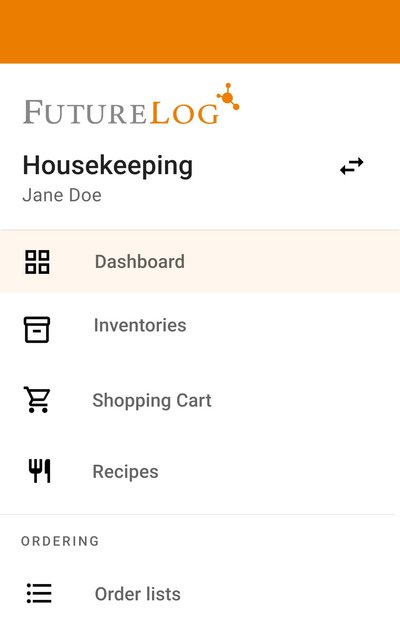
Beyond Compliance: How Smart Procurement is Shaping Thailand’s Sustainable Hospitality Future
As the European Union's Corporate Sustainability Reporting Directive approaches its 2026 implementation, Thailand's hotel industry stands at a pivotal crossroads. This moment calls for a fundamental reimagining of the operational frameworks that underpin hospitality excellence, moving beyond mere compliance to embrace transformative sustainability.
In 2024, Thailand welcomed over 35 million international visitors, generating more than 1.8 trillion Baht in tourism revenue. Projections for 2025 anticipate foreign tourist arrivals reaching 39 million, with European travelers remaining a key demographic, particularly in the luxury segment.
As demand surges, so do expectations. Guests are no longer passive consumers; they are conscious decision-makers, scrutinising the environmental and social footprint of every hotel they visit.
Traditionally, hospitality excellence was defined by the visible—the inviting lobbies, seamless service, and curated experiences. However, the future of the industry will be shaped by what guests don't see: procurement, supply chain transparency, and operational intelligence are becoming the new cornerstones of competitive advantage.
Despite the positive trends in tourism, the Thailand Hoteliers Association reports that only a small percentage of the country's hotels have implemented comprehensive sustainability management systems. This operational gap highlights a pressing need for the industry to adopt more robust sustainability practices.
Digital procurement systems (P2P) emerge as a critical bridge between sustainability ambitions and operational realities. These systems offer more than efficiency; they provide actionable insights by transforming transactional data into strategic decision-making tools. For instance, by correlating reservation patterns with precise ingredient ordering, hotels can significantly reduce food waste. Additionally, evaluating suppliers based on sustainability credentials alongside traditional metrics enables more informed and responsible sourcing decisions.
The path forward requires hotel executives to re-conceptualise procurement from a mere cost centre to a strategic asset that enhances both operational efficiency and sustainability performance. Embracing this perspective not only ensures compliance with impending regulations but also positions hotels to attract the modern traveller, who increasingly values environmental responsibility.
As the 2026 deadline approaches, the imperative is clear: hotels must ensure their procurement systems are not just processing transactions but actively contributing to a compelling sustainability narrative. In an era where booking platforms and travelers prioritise verified sustainability credentials, the ability to demonstrate genuine commitment to sustainable practices will distinguish industry leaders from laggards.
The integration of digital procurement solutions is not merely a technological upgrade but a way for hotels to make sustainability measurable and manageable, aligning environmental responsibility with enhanced business performance. Those who embrace advanced procure-to-pay solutions like FutureLog aren't just digitising transactions—they're unlocking the tools needed to simultaneously reduce their environmental footprint and amplify profit margins.

OUR APP: Procure-to-pay while on the go!
From placing orders and managing recipes to approving invoices and viewing reports, with FutureLog’s native mobile app you’ll have all the power and automation of our P2P web solutions conveniently at your fingertips. Whether you’re online or offline, you can stay in control.



